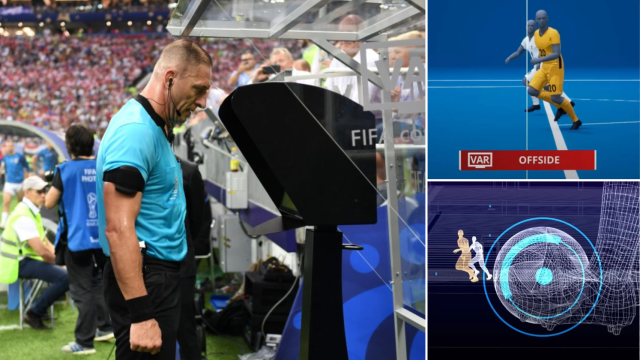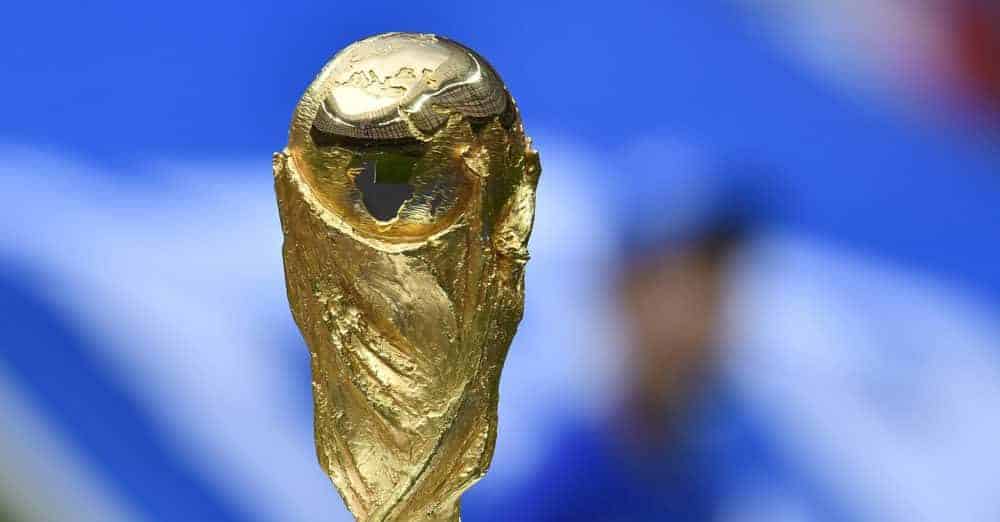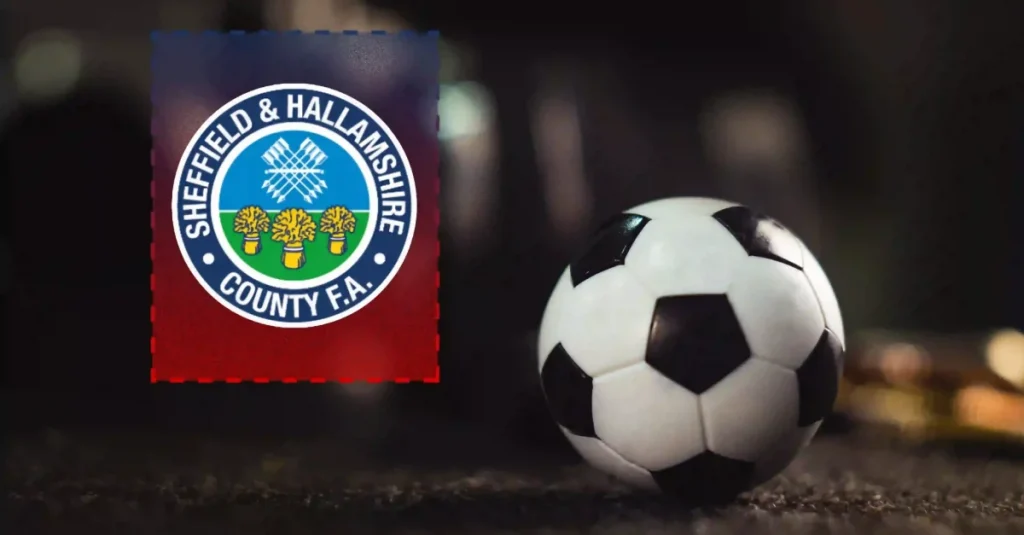Soccer is constantly changing. Trailblazing players invent new techniques to score, Managers adapt and build on the old to invent new ways of playing, and the game’s lawmakers look to innovate for the good of the sport.
Historically, the introduction of new laws and rulings has been well received, often with some push-back from those fearing change, but after a season or so concede that the change was for the best.
But no new ruling has sparked more fanfare, controversy and contrasting opinion than VAR.
It seems every week we see a different manager complaining about an unfair VAR decision, and while some are probably just biased, other instances have every right to complain.
VAR has dominated Soccer discourse for the past half a decade, but many who weigh in on the topic won’t be aware of the process, or even the very basics of understanding how the Video Assistant Referee works.
So, join me as I explain what exactly VAR is and how something seemingly so definitive can cause so much controversy.
What Is VAR And How Does It Work?

In practice, VAR watches over the match on a live feed, benefitting from the replays, a better vantage point as a whole, and the opportunity to see dubious incidents from a variety of angles.
According to the laws of the game, VAR is used to overturn “clear and obvious” errors. The VAR team are supposed to be there as advisers, communicating in the same way as the on-field officiating team does.
Sometimes, when there is doubt around a decision and VAR doesn’t feel comfortable categorically overruling or abiding by the referee’s call, the on-field referee will be called over to a pitch-side monitor, to review the footage himself and make the call himself.
Operating under the philosophy of “minimal interference, maximum benefit”, VAR is intended as another tool to provide the highest quality of officiating.
It is not there to scrutinize every single referee decision, and according to VAR’s mission statement, is not there to overturn every decision if there is doubt.
Since VAR has come into play, the matchday officials allow play to continue until the current attack or passage of play has concluded, and give the decision after.
Before VAR referees would call for a foul or offside immediately unless there was an opportunity for the attacking team to keep attacking.
This delayed decision-making is so that a referee won’t call for a foul or offside that VAR would have ruled as fair, as by making their decisions immediately they could be stopping potentially legal and fair goals.
Players adjudged as offside and through on goal will be allowed to play on and score before the flag is raised after the chance has gone.
If the player should score, VAR will check to see if the on-field decision was correct, which in clear cases is confirmed instantly, and in more dubious one can take minutes of analysis.
Contrary to popular belief, VAR checks are being carried out constantly as the team communicate with the referee like the rest of the officiating team, we just usually aren’t aware of them unless there is a reason for a more comprehensive VAR check.
What Does VAR Look At?
VAR is always checking and observing, watching multiple angles of every passage of play in search of unpunshed illegal incidents, the main fouls VAR looks for is as follows:
Missed Penalty Calls
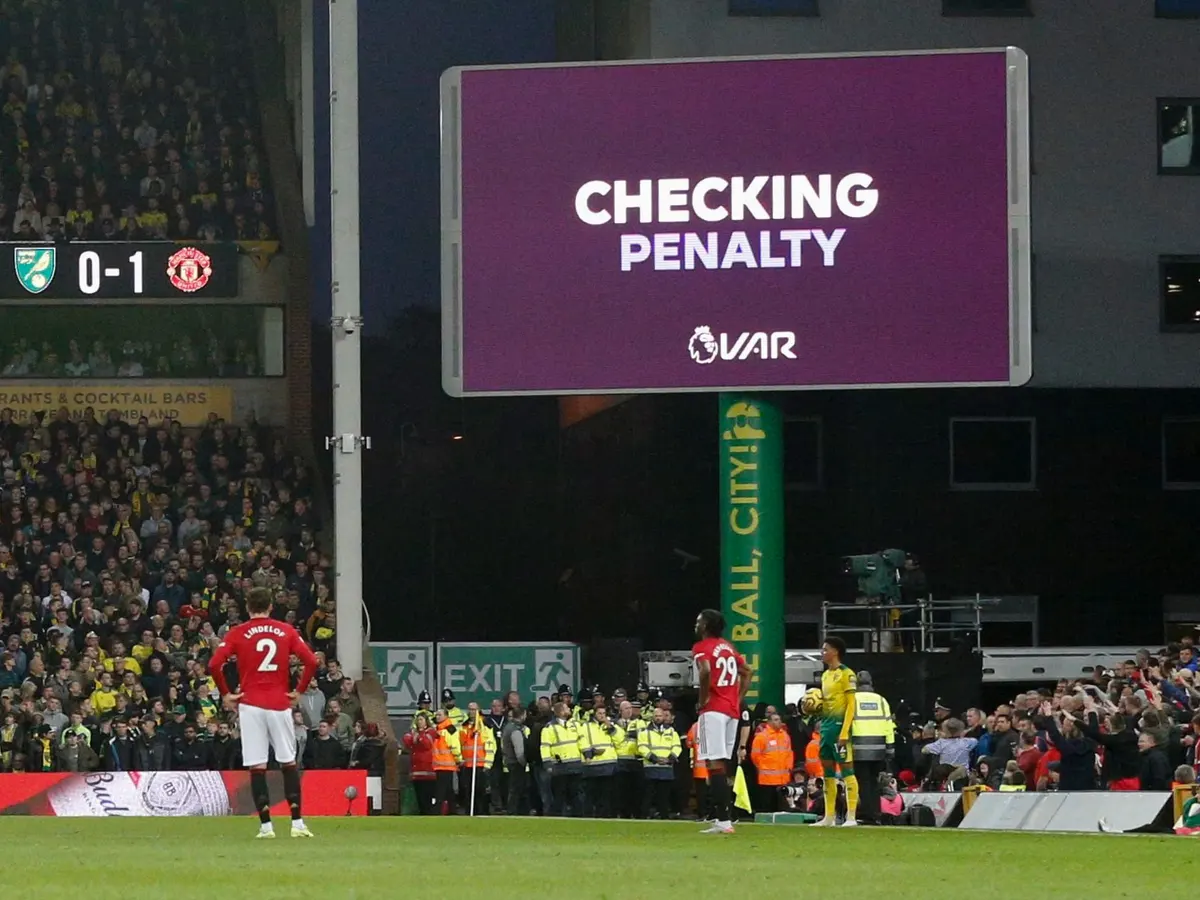
This is usually by shirt pulling, as most miss-timed tackles are spotted and given, but on the occasion, that a foul is deemed a fair challenge, VAR will tell the referee to award the penalty given in the moment as a fair one. Lastly, handballs are the last discrepancy VAR will spot.
Wrongfully Awarded Penalties
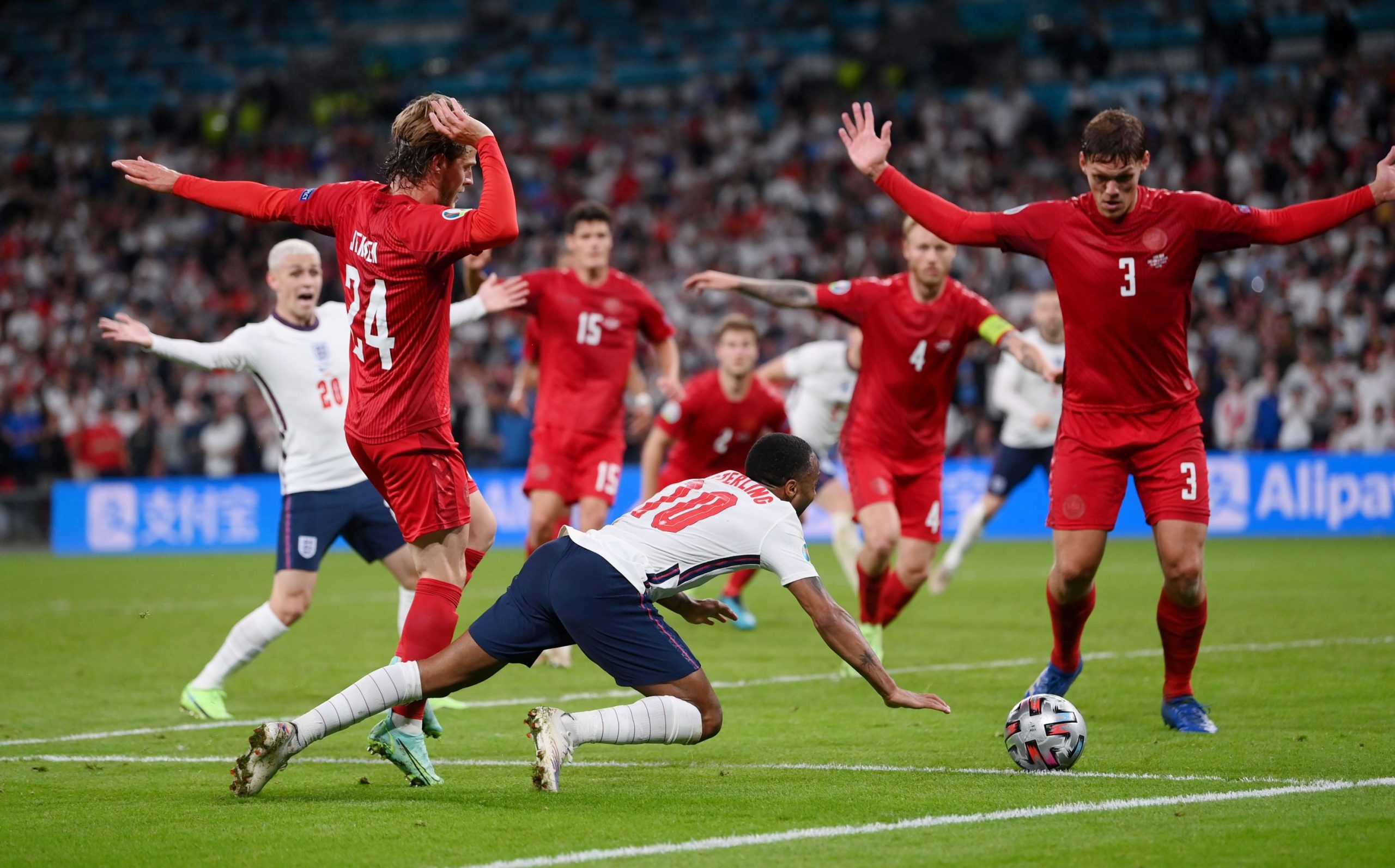
Otherwise known as simulation, diving has been an issue in the sport for decades, with VAR finally starting to stamp out referees rewarding this behaviour.
While diving is usually obvious. With the player throwing themselves to the floor without any contact from a defender, there are times when a player might legitimately go down without the defender having fouled the player.
This can make deciding whether to book the ‘diving’ player a difficult challenge, but will still result in the fair outcome of a penalty not being given.
Serious Foul Play
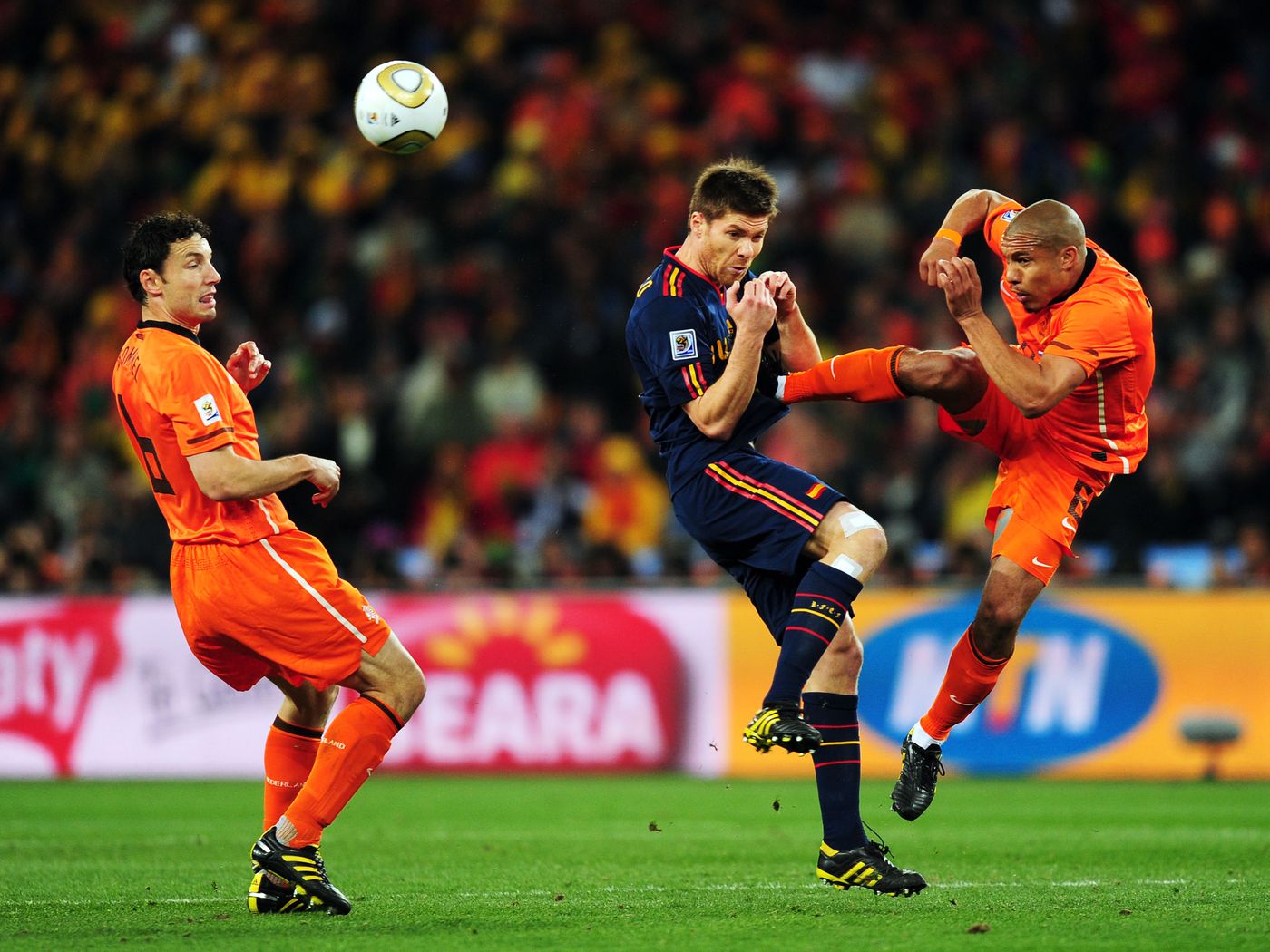
Thanks to VAR, players are no longer able to get away with serious unsportsmanlike conduct and horror challenges without being sent off.
Mistaken Identity

VAR can serve as a safety net, ensuring the correct player is disciplined for an incident, which in the case of red cards, is incredibly important.
Goals
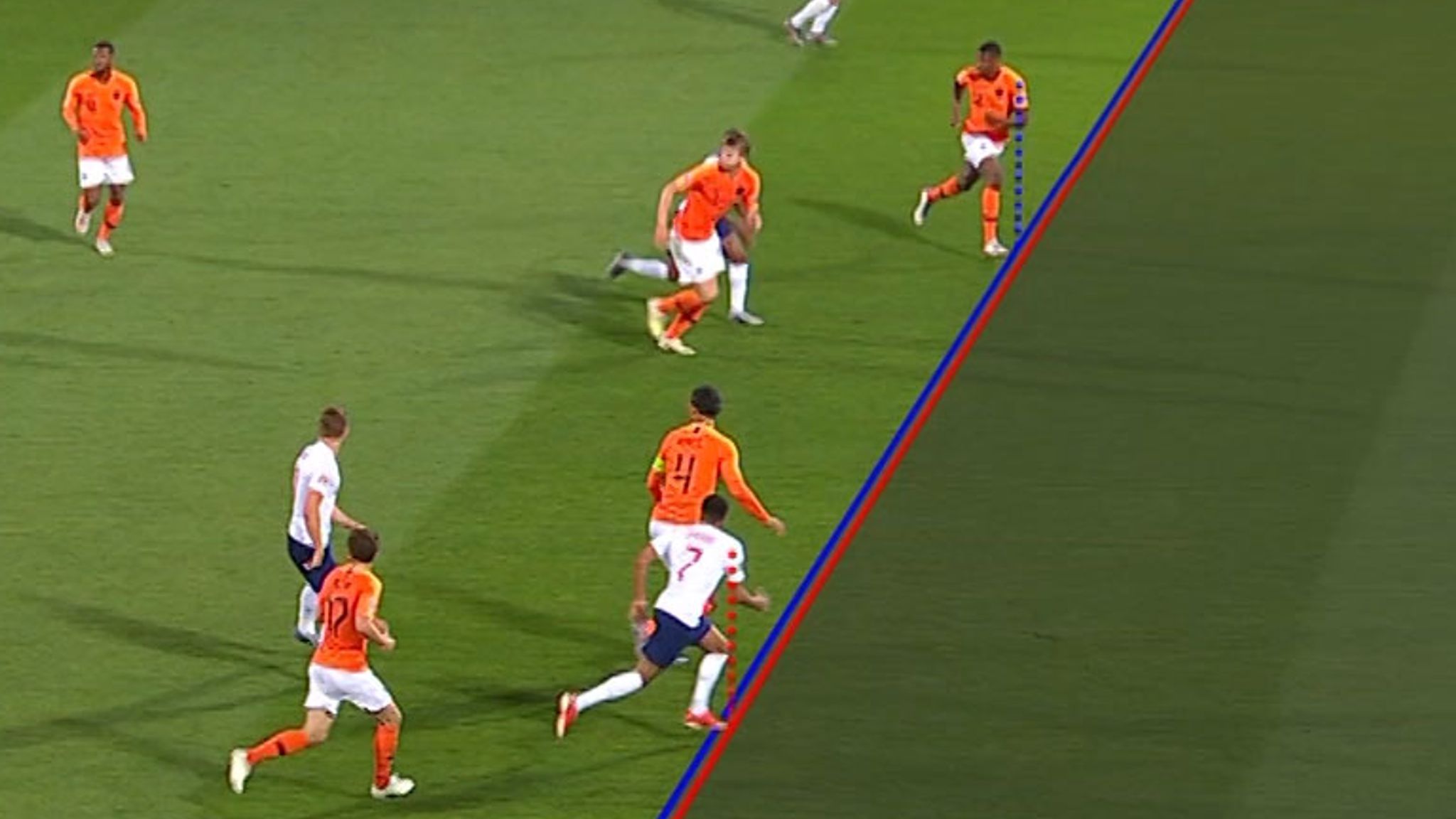
The goal checks usually take the longest due to the importance of ensuring a goal is correctly awarded or disallowed.
VAR Controversies
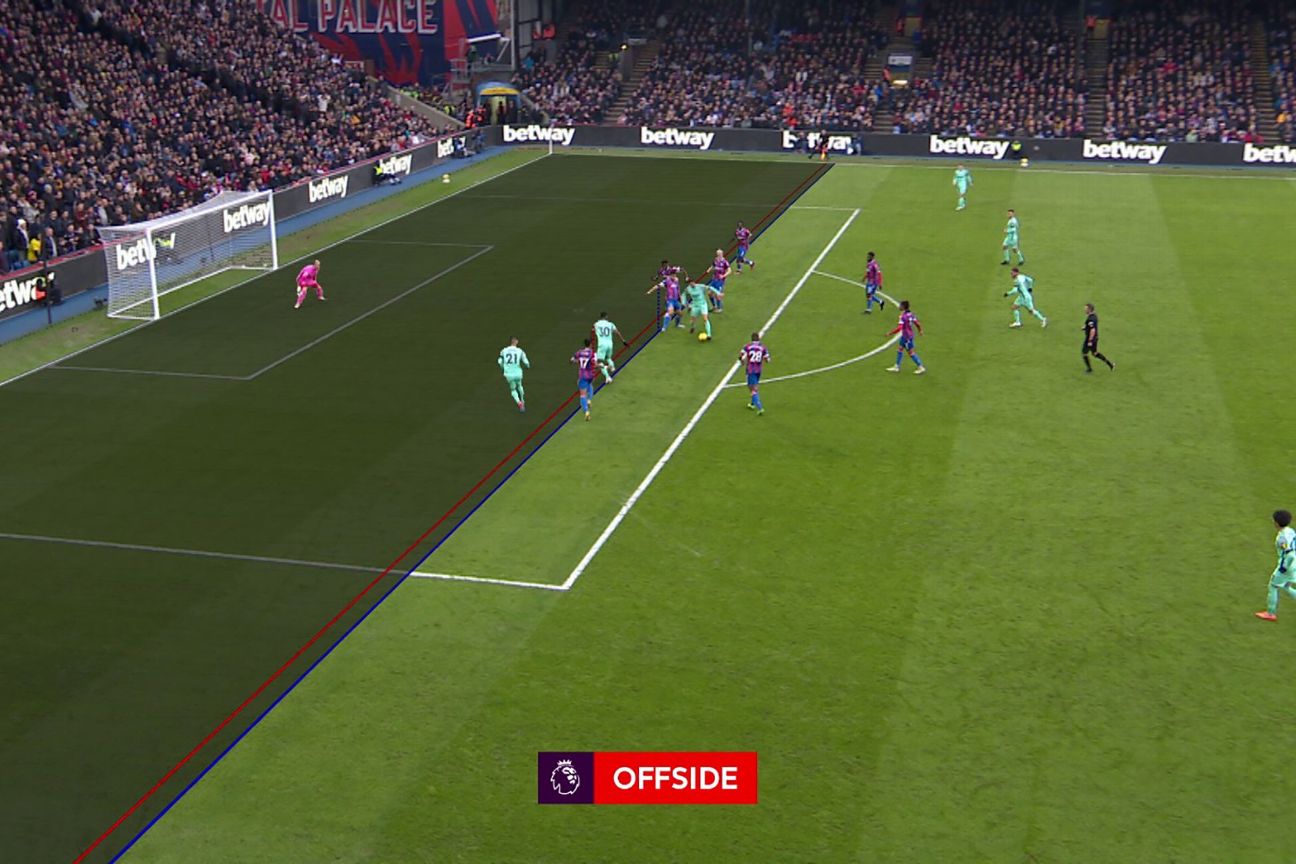
It seems most weeks feature a contentious decision that divides opinion at the least, with some decisions unanimously regarded as incorrect.
It seems the biggest issue around VAR is not to do with the concept itself, but rather how it fails due to the inherent subjectivity of the game’s laws.
The lack of consistency in the laws have led to certain decisions being given some weeks, and not given others, with many pundits pointing out that certain incidents not labelled as infringements were worse than a similar but seemingly smaller infringement that was picked up.
One such example was the Anthony Gordon goal in Newcastle’s 1-0 win over Arsenal that featured 3 infringements that should have been called for a foul but all 3 were deemed legal by VAR in the moment. The Refereeing Association would later apologise to Arsenal.
VAR-related apologies are at an all-time high, but it’s not just issues of subjectivity that are at the centre of VAR’s woes.
In some cases, miscommunication and confusion in real-time have led to the wrong decision being given, despite VAR seeing cause to rule the opposite, and intending to change the on-field decision.
Most infamously, this season’s earlier match that saw Tottenham host Liverpool saw a Liverpool goal wrongly disallowed through simple miscommunication that really shouldn’t be happening at the highest level of the sport.
When VAR checks take so long and detract from the ebb and flow of a match, the wait times are heavily criticised.
Particularly given how controversial mistakes are happening seemingly just as much, making these long checks seem far less rewarding and impactful in ensuring a fair result.
Controversies seem just as common as before, only now there’s more outrage as there’s so much less of a reason for them to happen.
With the wait times and constant doubt as to whether a goal will truly stand alongside the apparent issues 5 seasons on, it just doesn’t seem worth it in its current form.
Finally, a major issue highlighted is VAR overruling decisions that don’t seem like clear and obvious errors. When a replay needs to be watched from every possible angle 10 times to decide if the right decision has been made or not, it can’t have been a clear or obvious error.
Yet we see this in at least one game a week where the on-field decision is scrutinised as if being analysed by a forensic team.
Personally, I can’t see VAR continuing in the same format, especially with how it operates in the Premier League. The concept is a great idea in theory, but as it’s currently practised some sort of reform is needed, with the easiest being clear clarification on what a ‘clear and obvious’ error is.
